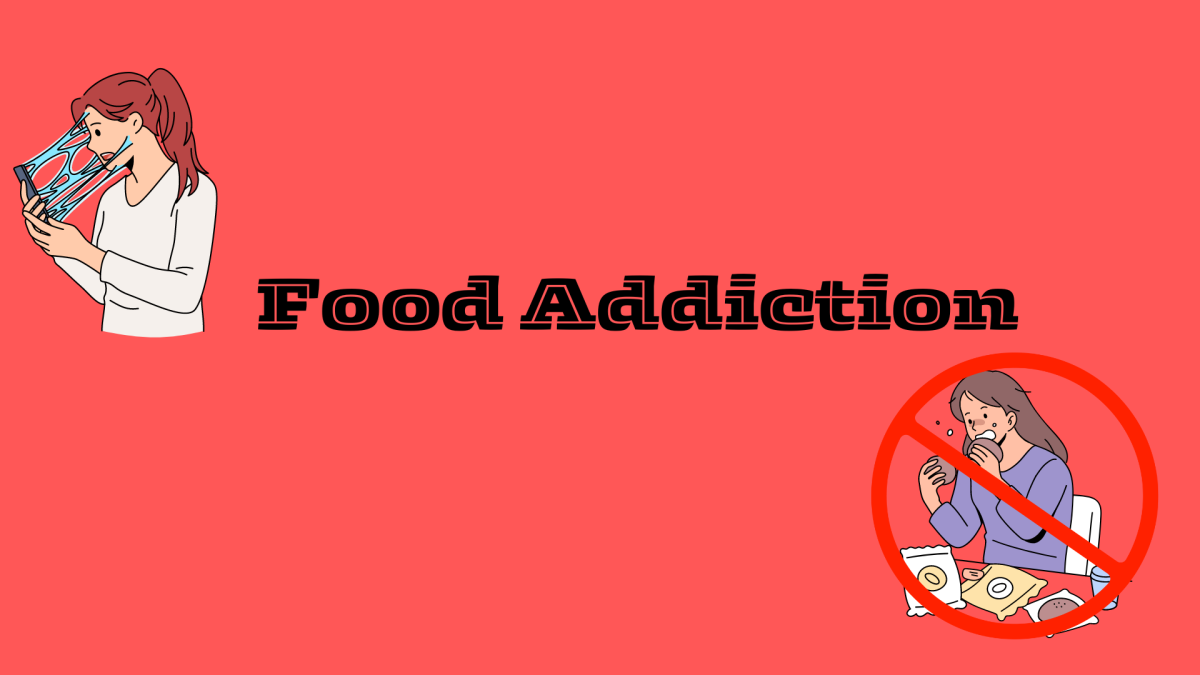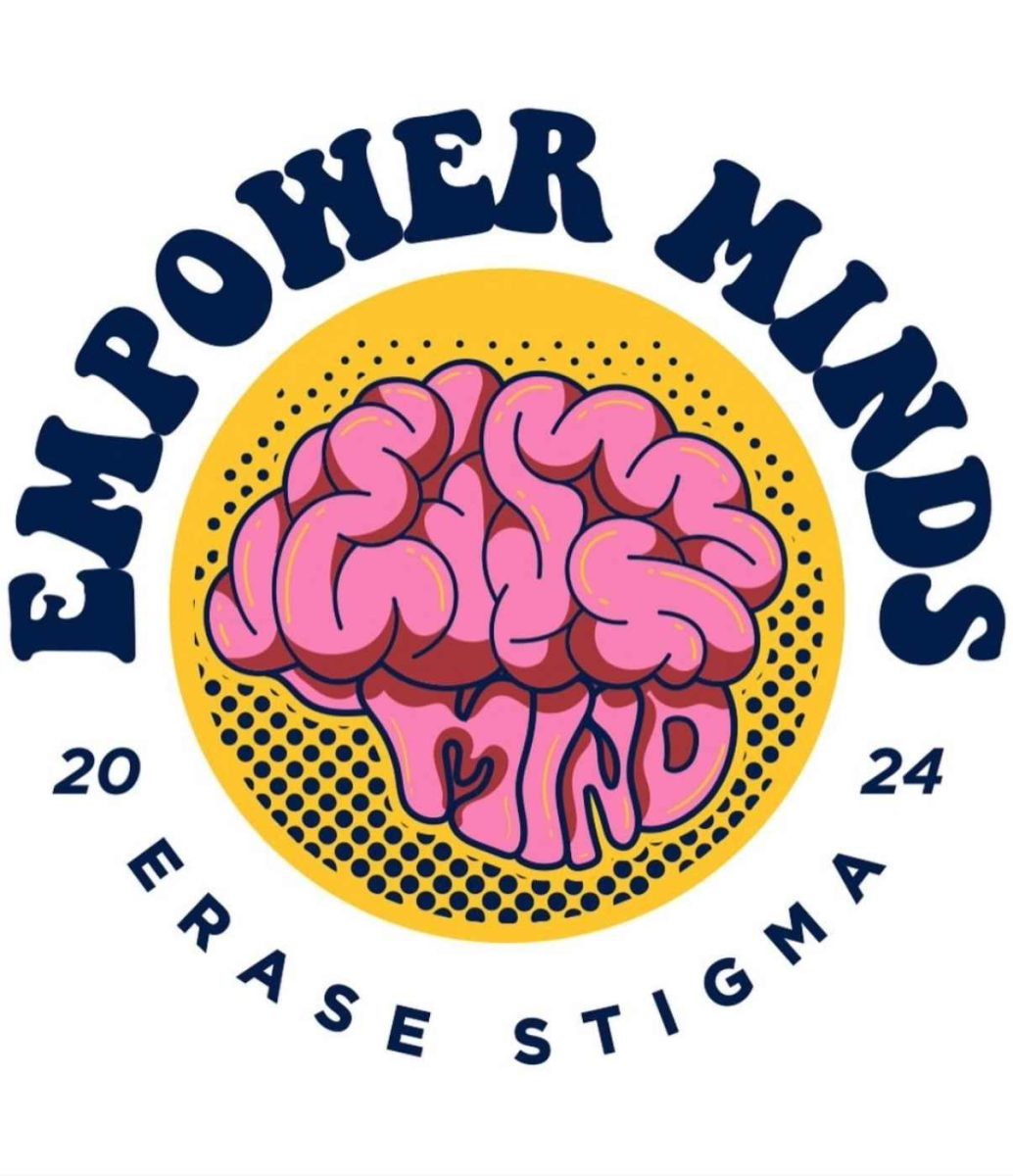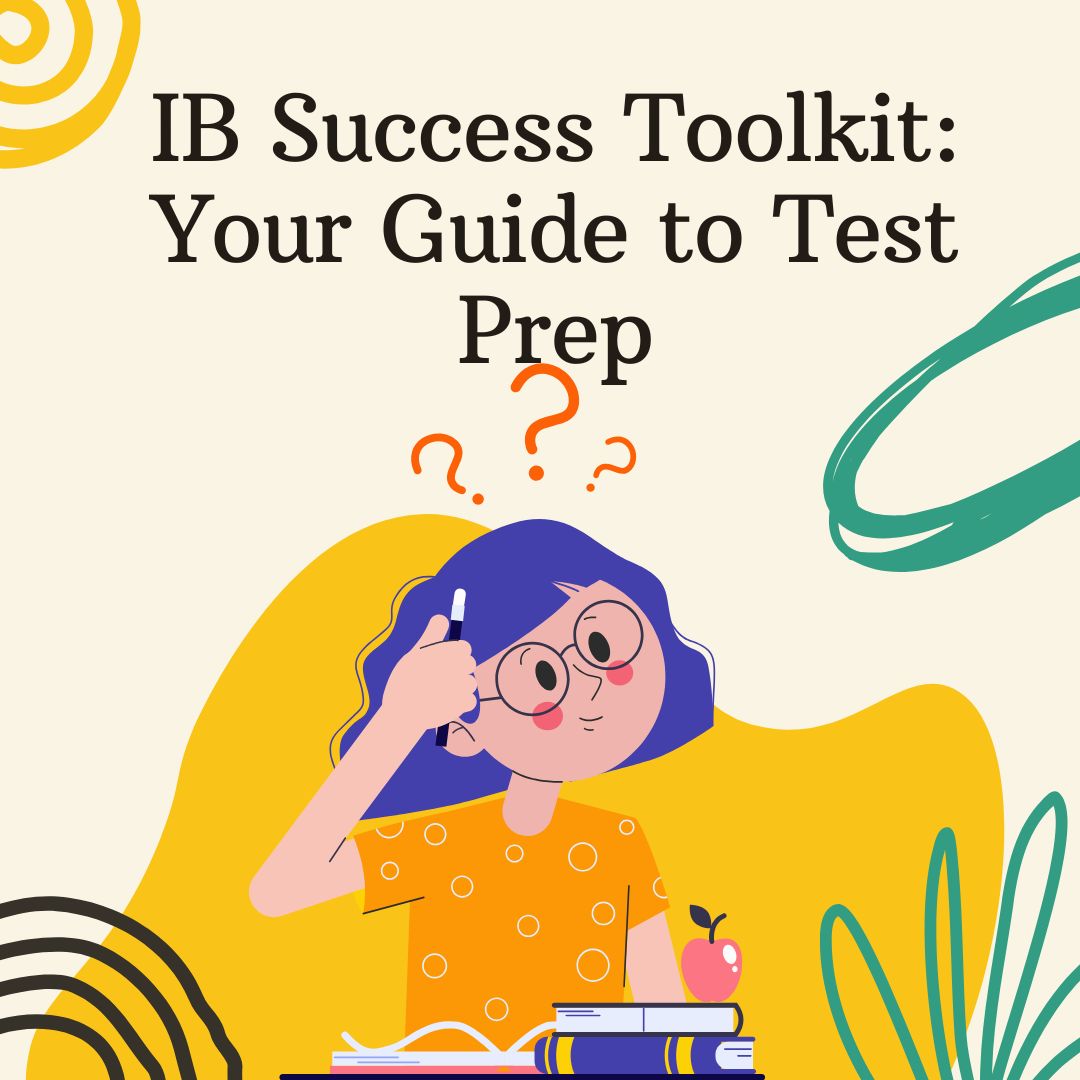Addiction is one of those things that people don’t realize how POWERFUL it is until it’s far too late. It ruins your body, your self-image, your relationship with your peers, family, friends, etc. Human beings can be addicted to almost anything as long as they get a feeling of contentment from the substance they’re abusing. It’s not just limited to drugs, alcohol, or nicotine products. I’d like to focus on one specific addiction that some may unfortunately have: a food addiction.
Food addiction is exactly what its name implies: an eating addiction, whether it’s eating in general or eating certain foods, usually those high in sugar, sodium, and fat. It is usually characterized by constant binge eating. While obesity is seen by scientists as a byproduct of food addiction, one does not have to be obese or become obese to have a food addiction.
Going back to sugar, research has shown that sugar can be as addictive as substances like cocaine and opioids. The way sugar affects the body is very similar to how cocaine affects the body: releasing intense amounts of dopamine in the brain reward pathway and craving more and more of the substance once a tolerance is built to relive the same high again. This could be seen as a huge factor in food addiction.
Signs of food addiction include, but are not limited to:
- Eating food or certain foods without being hungry
- Eating until you’re sick
- Going out of your way to eat certain foods when unavailable
- Eating instead of working or spending time with loved ones
- Problems functioning at work or school due to food
- Depression, anxiety, and self-hate from eating
- Eating constantly to numb negative thoughts and/or emotions
Unlike cocaine or alcohol addictions, a person cannot entirely abstain from food, so a buildup to a strict diet is usually prescribed. A nutritionist or psychologist can help with breaking someone out of addiction.
To treat food addiction is complicated but, thankfully, possible.















